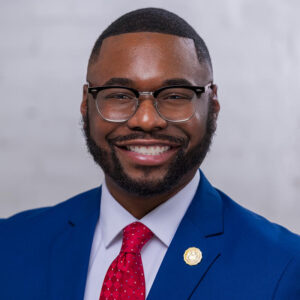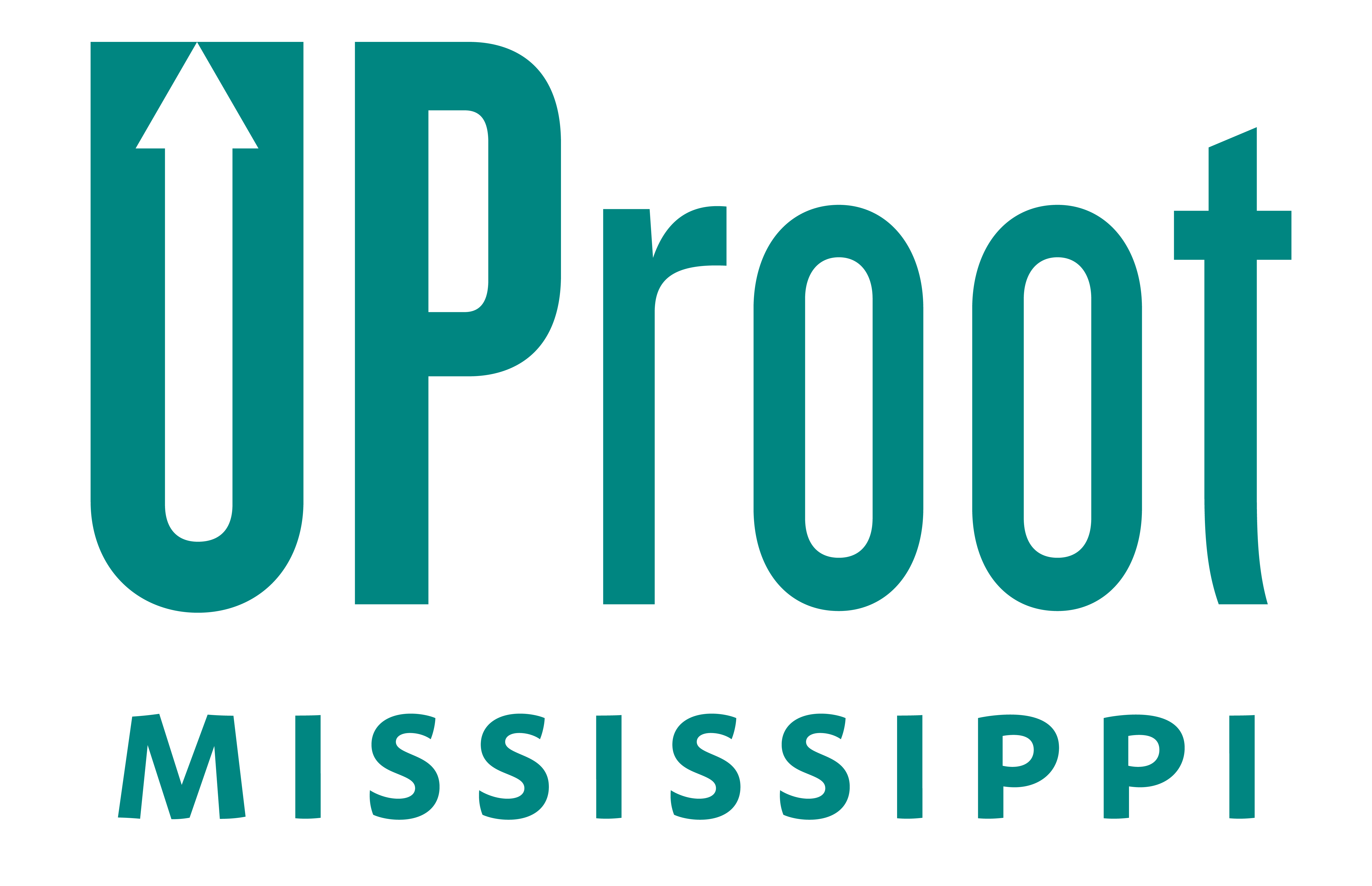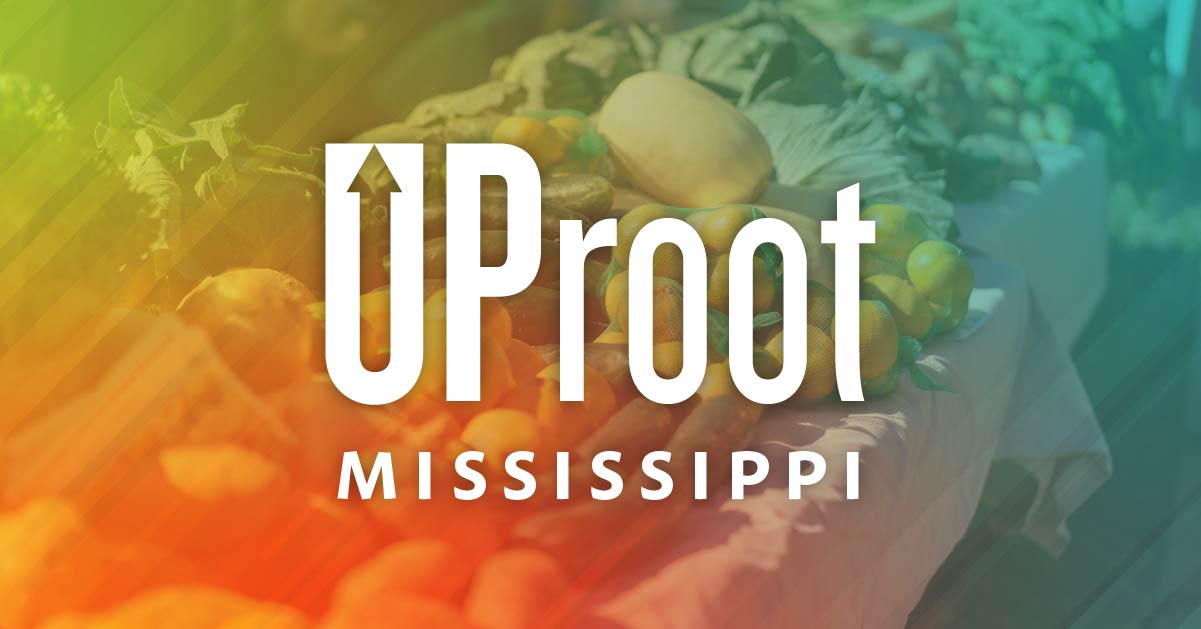
TJ Mayfield, Executive Director of the Mississippi Kidney Foundation, talks about the exciting work happening at the Foundation, and shares tips local organizations can follow to help improve health outcomes for our state. Read on to learn more!
Why is preventing kidney disease so important in Mississippi?
Kidney disease is often called “the silent killer,” because it is not often talked about, even though it is the 9th leading cause of death in the United States. Diabetes, hypertension, and obesity are the three leading causes of kidney failure–and in Mississippi we have high rates of all three.
Oftentimes, people don’t take their kidneys’ health seriously until something bad happens–they fail or you get kidney stones–but it can be too late by that point. That’s why we need to have more open conversations about kidney disease and kidney health, so we can have better health outcomes in Mississippi.
What does the Mississippi Kidney Foundation do to positively impact the state?
At the Mississippi Kidney Foundation, we advocate, educate on kidney disease, and plan special projects with local organizations to improve health outcomes in the state.
Recently, we celebrated World Kidney Day at the Capitol. It was a great event! We reached out to a couple of legislators, even though they’re wrapping up the legislative session, and talked about Medicaid expansion in the state.
In Mississippi, people continue to die from a lack of adequate care. There are people who work, but don’t have health coverage, and as a result postpone vital screening or treatments until they’re already in kidney failure. Expanding Medicaid can help those folks get treated, and can be one way that we can prevent kidney disease in Mississippi.
We also spoke to people about managing their kidney health and about disease prevention. There were so many people willing to share their stories and talk about someone they knew who had kidney failure, whether that person was a friend, family member, or parent. It was inspiring, and really drove home how important this work is.
What projects are you excited about?
I’m really excited about our current project with Jackson State University, the Health Equity Coalition, and the Mississippi State Department of Health.
We’re traveling around the state and educating kids on diabetes, high blood pressure, and other risk factors for kidney disease–and we’re doing it in a different way.
How is this project making a difference? How were you able to get schools on board?
I taught high school for six years, and that experience helped me when working with schools and scheduling events around state testing and so on. I also learned that the number one thing to do is meet the kids where they are. That frames our work with this project–meeting kids where they are and showing them how their food choices can impact their health in the future.
A lot of the students I spoke to drink sugary beverages like Gatorade or CapriSun early in the morning, but don’t think anything of it because they haven’t been told how sugar can impact their health.
It can be difficult for kids to make healthy food decisions, especially when there’s so much marketing dedicated to processed foods. Kids may see their favorite athlete eat or drink things that aren’t very healthy–not realizing that the celebrity is doing that to make money, not as part of their daily routine. So, breaking down how processed foods act on the body, and how to enjoy them in moderation, helps kids build healthy habits.
We’ve already been to two school districts: Coahoma County and East Tallahatchie School District. We have seven more school districts to cover–spanning from North Mississippi to the Central and South regions of the state–and will continue to educate students for another year and a half. From the information gathered during this project, I want to help build a health-based curriculum that all public schools in the state can follow.
How can local organizations get more involved, not only with this project, but with other campaigns in their community?
Organizations can always get involved by using what they already know to help improve their communities.
Sanderson Farms, for example, has helped support our statewide project by donating about 220 pounds of chicken for us to use to cook fresh meals, like grilled chicken and vegetables, for students to enjoy. Sanderson Farms may not have the capacity to talk about healthy eating, but through their donation, they’re helping us show people how to eat healthy, and in turn, improve health outcomes across the state.
We have so many organizations around Mississippi that are working toward the same goals, like lowering diabetes and obesity rates. By collaborating, they can make those efforts go further–and be more effective since they know their communities best. They can also join our project–we welcome any organization that wants to help!
In your opinion, what does it mean to create a culture of health?
For me, to create a culture of health is to have more conversations about health in our communities. We talk about everything–sports, music, family–but it’s almost taboo for a lot of people to talk about their health problems. I think normalizing conversations around health—physical, mental, and emotional health–is very important.
How can communities get involved with the Mississippi Kidney Foundation?
Feel free to email me (tj@kidneyms.org) or Vicki McIntosh (vicki@kidneyms.org). You can also call (601)-981-3611 or reach out to us on our website or on social media.
Any way you can reach out, please do–we’d be happy to have you volunteer! We have a kidney walk coming up in October, and would love volunteers to help us set up, and for people to come out and walk in support of kidney disease prevention.
Is there anything else you’d like to tell our audience?
Take care of your kidneys! Be an advocate for yourself when you go to the doctor. If something feels wrong, have the doctor check. And drink plenty of water, especially now that the weather is getting warmer.
Responses edited for brevity and clarity. Views expressed in interviews published on this site are solely those of the interviewees.

